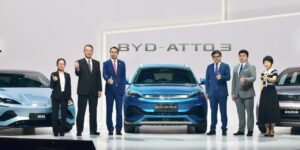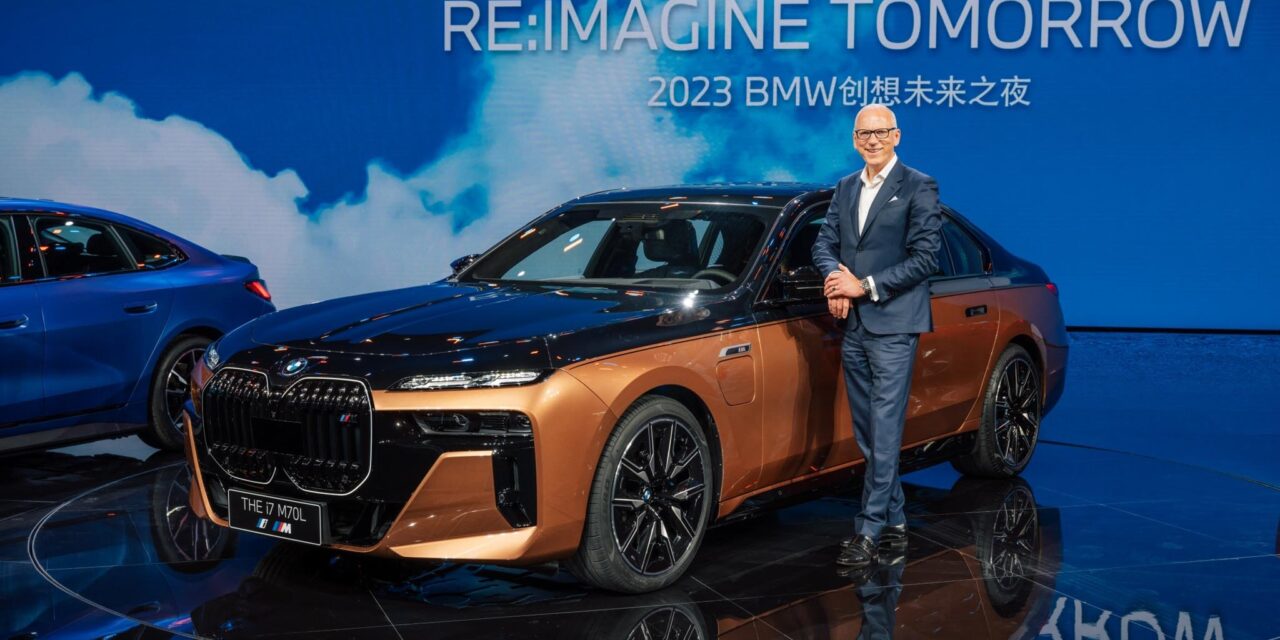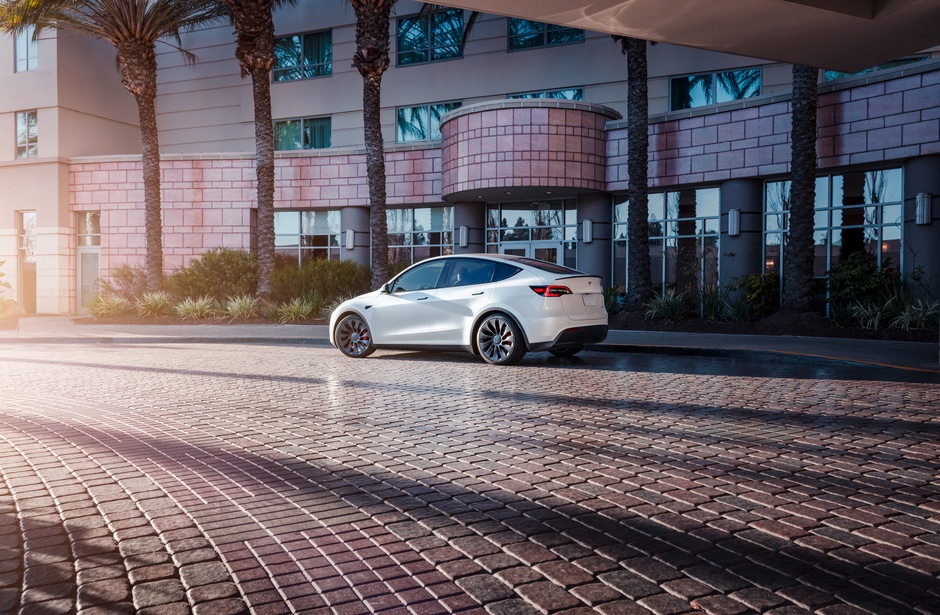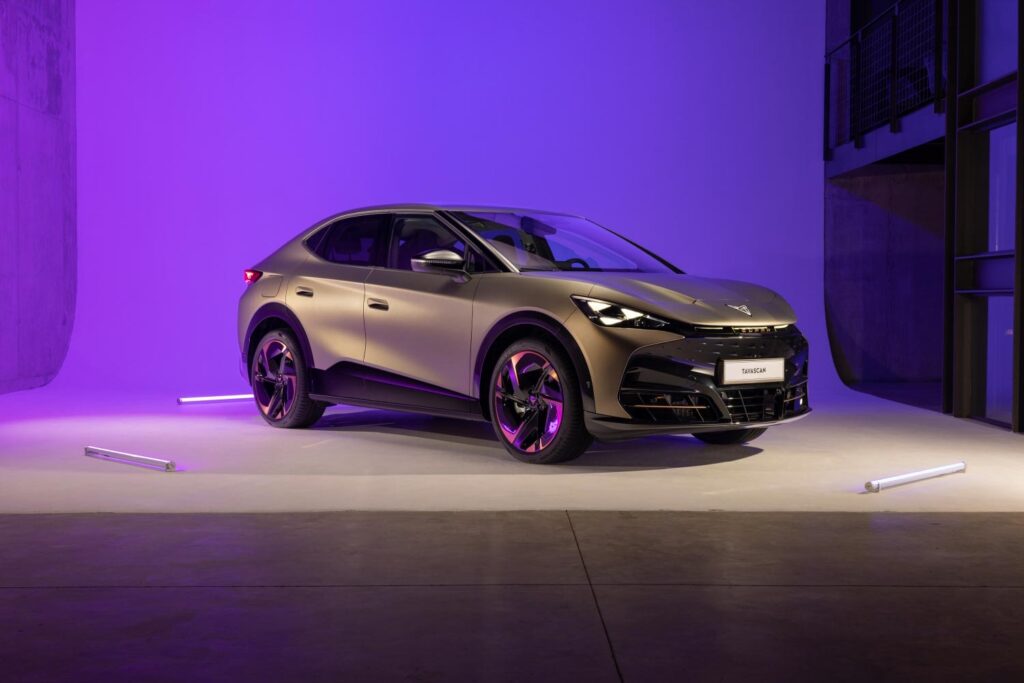Based on vehicle registrations, China is the largest car market in the world. In the ballpark of 40% larger than the USA, which is number 2. That’s a lot. And when you let it soak in, things start to add up in a different way.
China invested into EV mining early.
And now since China largely controls 1) the resources for EV batteries & 2) the battery production itself… it makes sense that both Chinese car companies & Chinese consumers have been the earliest & largest adopters of EVs. About 30% of new cars sold in China are EV, and that number is growing so fast that the data is almost irrelevant. Put it this way – if you live in China, odds are the next new vehicle you buy is going to be electric. That’s where the market is, as well as the innovation. Car companies are attempting to push Americans down that path too… but there is a lot more pushback amongst American car buyers.
But – when you step back to get a bigger picture…
It starts to make sense why they are pushing us. European & American car brands (like VW, BMW, Ford, and GM specifically) are very popular in China. For example, Volkswagen & BMW sell more cars in China than anywhere else – by a wide margin. And it’s critical that they are able to continue to compete in the largest car market in the world. They have to cater to the Chinese market… and that market is EV. Therefore companies like VW, BMW, Ford and GM are pushing EV adoption hard – across the board. Perhaps the hardest of the legacy car brands. On the other hand… it’s important to note that Japanese vehicles are not as desirable in China as they are in the US. And perhaps not coincidentally, Japanese car manufacturers aren’t as seemingly frantic to go full-on electric. Although at this point… the entire industry has been tossed into a panic situation of sorts.
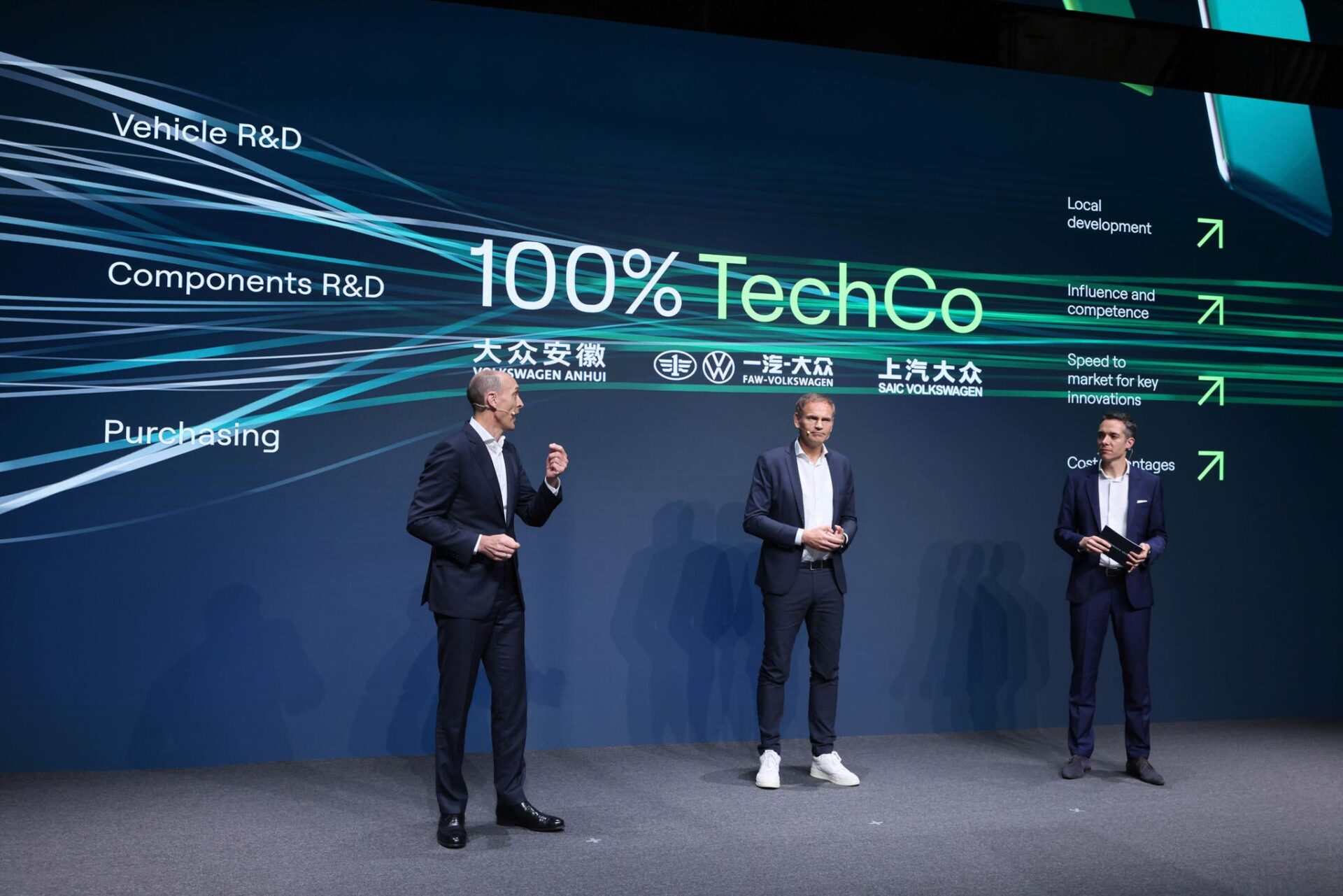
It makes you wonder what’s really driving the EV agenda.
Is it ‘saving the environment’ like they preach? Or is it, in fact, the Chinese car market that is driving the rush to EVs? Especially with the legacy brands (like VW, BMW, Ford, and GM) who are now losing marketshare… in the largest car market in the world by far… to Chinese brands that they never considered as real threats.
The shift to electrification has given China a real advantage to enter the auto industry.
And China is absolutely, strategically capitalizing on it. China has a grip on infotainment, driver-assist features, and battery tech. Plus – China has a cheap workforce. Put it together, and in a tech-obsessed automotive frenzy, Chinese car companies can make more enticing vehicles for Chinese consumers at lower prices. That’s especially true with Chinese government subsidies. It has all put the squeeze on car companies like VW, BMW, Ford, & GM… trying to sell in China.
But China’s automotive goals are not just limited to their own borders.
They are using this opportunity to make a play on the global automotive industry. It will likely be done in two key ways, both already in implementation:
- By Exporting Chinese automobiles (like BYD & Geely) to international markets. Chinese vehicles are already making their way into Europe, which again, because of the cheaper labor costs & lower price points, has European car makers playing defense on their own turf.
- By manufacturing the vehicles for European & American car brands. For example, Ford is importing the next generation Lincoln Nautilus to America… from China. Tesla is offering a Chinese-made Model Y to Canada, importing it from Tesla’s Shanghai gigafactory. And in Europe, BMW, Renault, MG, and Polestar are assembling cars in China for the European market (VW will join in 2024 with Cupra). Takeaway: Legacy car companies (and Tesla) are using China’s cheaper workforce to export European & American vehicles back to Europe & North America.
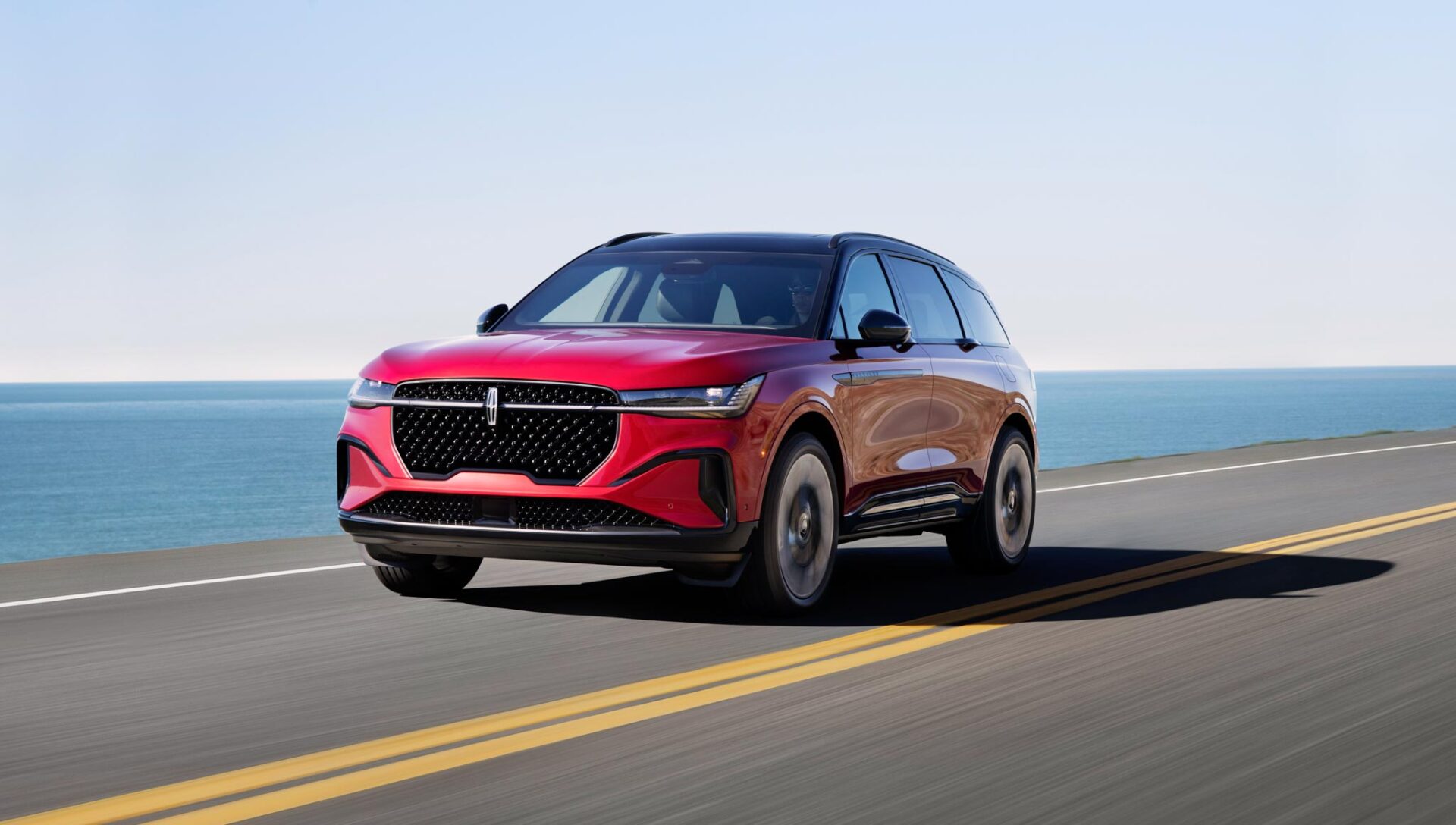
•Get the free S3 Magazine APP• (apple)
•Get the free S3 Magazine APP• (android)
related articles
CHINA NOW EXPORTS MORE CARS THAN GERMANY – GAINING ON JAPAN

CHINESE EVS SOLD BELOW COST TO SQUEEZE-OUT COMPETITION?

IF BYD IS NOT ON YOUR RADAR, THEY SHOULD BE
